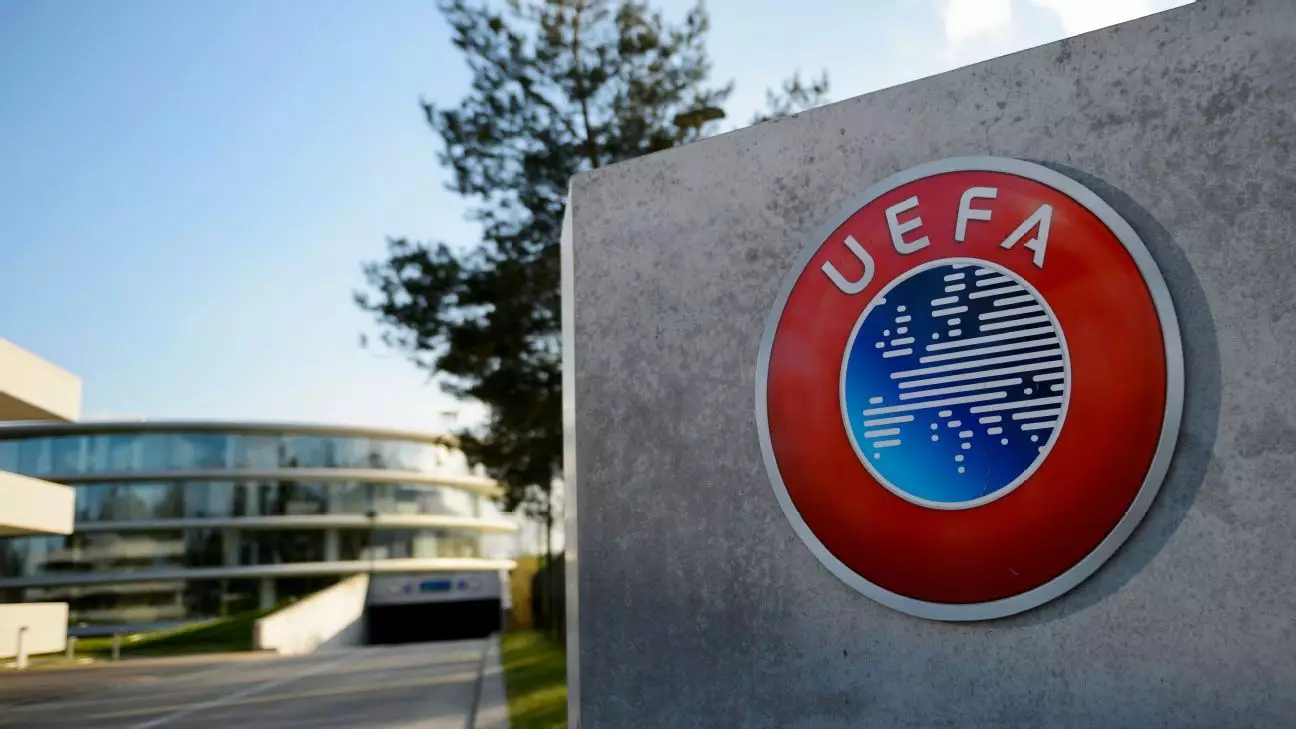In a surprising move that echoes the controversial 2021 launch of the European Super League (ESL), the promoters of the Unify League recently announced plans for a framework that aims to enhance competition among Europe’s top clubs. However, the reaction from established entities like the European Leagues highlights significant dissent against this new initiative. The ramifications of this proposal resonate strongly within the football community, raising questions about the direction and governance of club football across the continent.
The original European Super League was initiated with the backing of 12 elite clubs, who intended to create a closed league system that guaranteed their participation. The backlash from fans and football governing bodies was swift and harsh, leading to the project’s rapid downfall within days of its announcement. This backlash underscored a fundamental tension between the aspirations of elite clubs and the concerns of supporters about the integrity of the sport. In its latest incarnation, now branded as the Unify League, the proposal seeks to address criticisms received during the ESL’s initial attempt, promising a merit-based system and a renewed focus on traditional match formats.
The proponents of the Unify League have made bold claims regarding the structure of their proposed competition. They envision a 96-club league split across four divisions, where meritocracy takes precedence over guaranteed placements for a select few clubs. Notably, they propose an advertising-supported streaming service that would allow fans free access to matches, alongside a return to a classic home-and-away format. These pledges suggest an awareness of previous missteps, aiming to capture a more inclusive model for fans, which could significantly enhance viewer engagement and accessibility.
However, the European Leagues—an organization representing 39 football leagues across 33 countries—has swiftly rejected any notion of having been consulted on this initiative. Their statement emphasizes a commitment to the existing qualification processes based on domestic performances, positing that any radical restructuring could severely disrupt the competitive balance within national leagues. The European Leagues also articulated concerns regarding potential increases in international fixtures, which they argue could further strain an already packed football calendar, ultimately impacting player welfare and diminishing the quality of the game.
As discussions around the Unify League develop, the critical perspectives from traditional football bodies suggest a resistance to changes that threaten the established structures of the sport. Fans and various stakeholders seem united in their apprehension regarding any proposals that prioritize commercial interests over the integrity of football. The ongoing dialogue surrounding these issues raises crucial questions about who should have the ultimate say in shaping the future of European club football. Will clubs continue to push for expansive and often lucrative competitions, or will they heed the voices of the fans and the historic foundations of the game? The future trajectory of European football remains uncertain, as debate continues to unfold.

